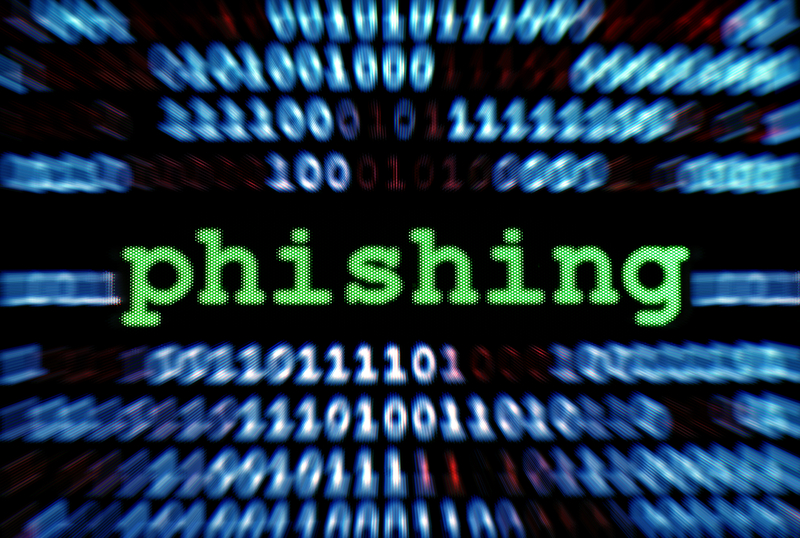Scammers are increasingly on the rise. They have a variety of ways to draw your personal information and wreak havoc. One avenue scammers may take is phishing, specifically spear phishing. Spear phishing is when scammers target a specific group of people. The IRS and the Security Summit have issued a warning noting that scammers are now targeting tax professionals.
Scammers can easily impersonate the IRS. Sometimes they may use logos or details to make their messages look realistic, as though they are coming directly from the IRS. It is best not to respond to suspicious emails nor click on suspicious links. Oftentimes there may be a virus embedded in the link which can lead to significant damage pertaining to your personal information and the health of your computer. These dangerous links may be accompanied by messages that seem urgent and important. Some examples include: “click on an embedded link to resolve an issue with your tax software account”, “download an ‘unusual activity’ report”, or “your account has been put on hold.”
Responding to a suspicious email may give way for scammers to hack into your personal information. If you have accidentally clicked on a link you do have options:
- Contact support from your tax software platform
- Save the email as a file and then send it as an attachment to phishing(a)irs.gov (mailto:phishing@irs.gov)
- Notify the Treasury Inspector General for Tax Administration at www.tigta.gov to report the IRS impersonation scam
If you found information in this article helpful, share it with your friends and colleagues! Have questions? Scroll down below to complete a contact form!


